After Biopsy / Lesion Removal
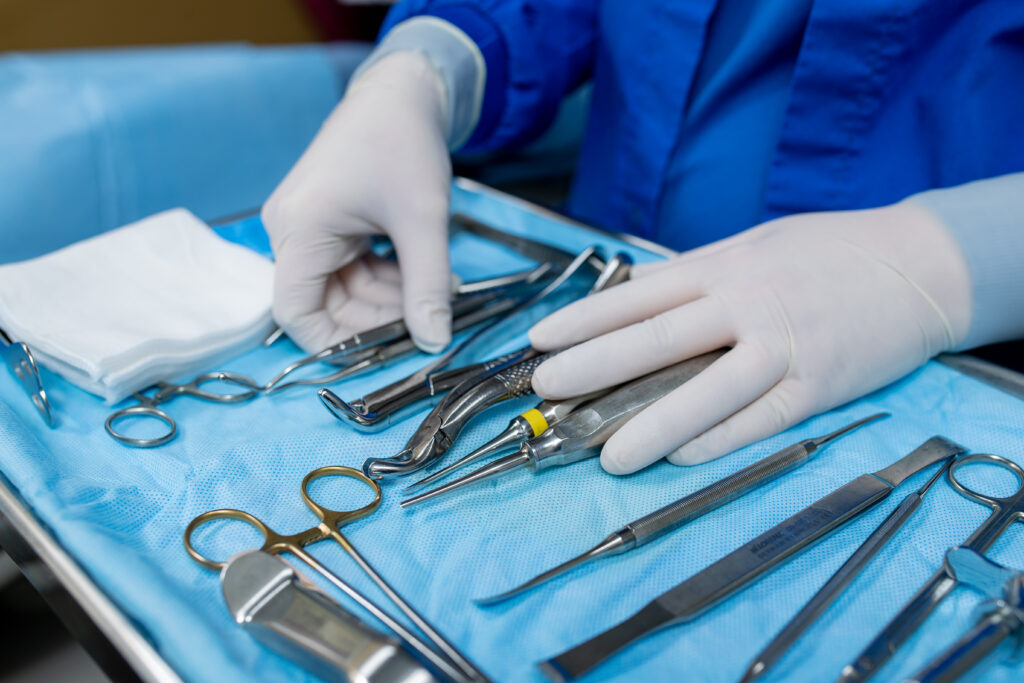
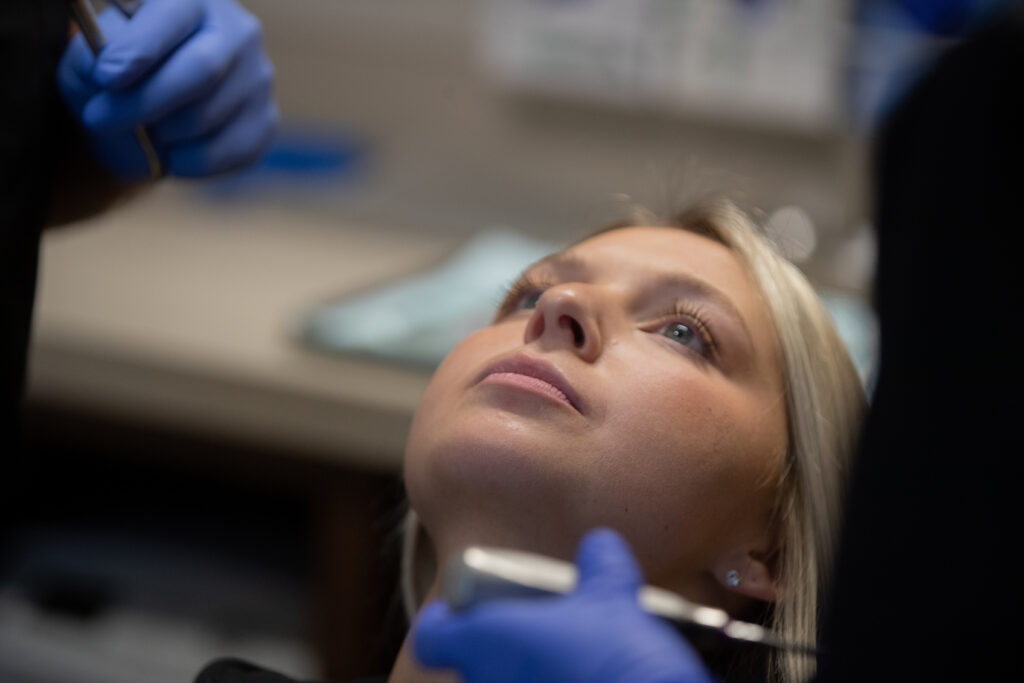
Please read these instructions carefully. Sometimes the after-effects of oral surgery are quite minimal, so not all of these instructions may apply. Common sense will often dictate what you should do. Follow these guidelines or call our office anytime for clarification.
First Hour
Apply light to medium pressure over area with gauze as directed.
OOZING
Intermittent bleeding or oozing is normal. It may be controlled by placing fresh gauze and applying finger pressure. Also elevate your head using several pillows. Never sleep or eat with gauze in your mouth.
Exercise Care
Do not disturb the surgical area today. Do not spit! This will increase bleeding. Gently swallow. Do not rinse your mouth or use a straw for 12-24 hours, as this will disturb the blood clot that is necessary for normal healing. You may brush your teeth gently after 12 hours. Do not smoke for at least 48 hours since it is very detrimental to healing and may also contribute to the development of a dry socket.
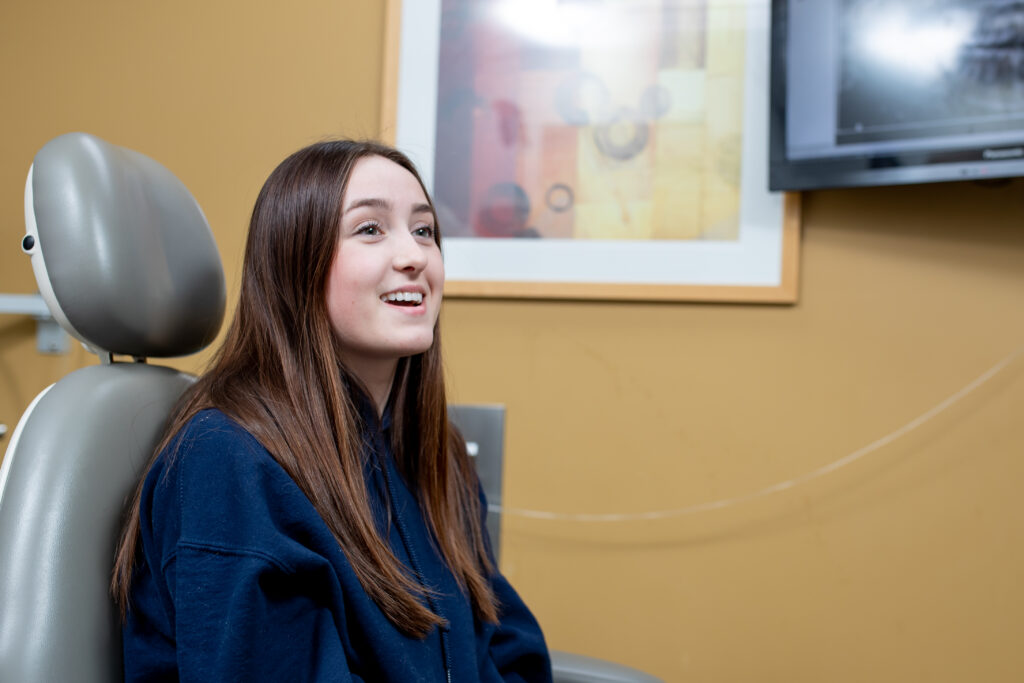
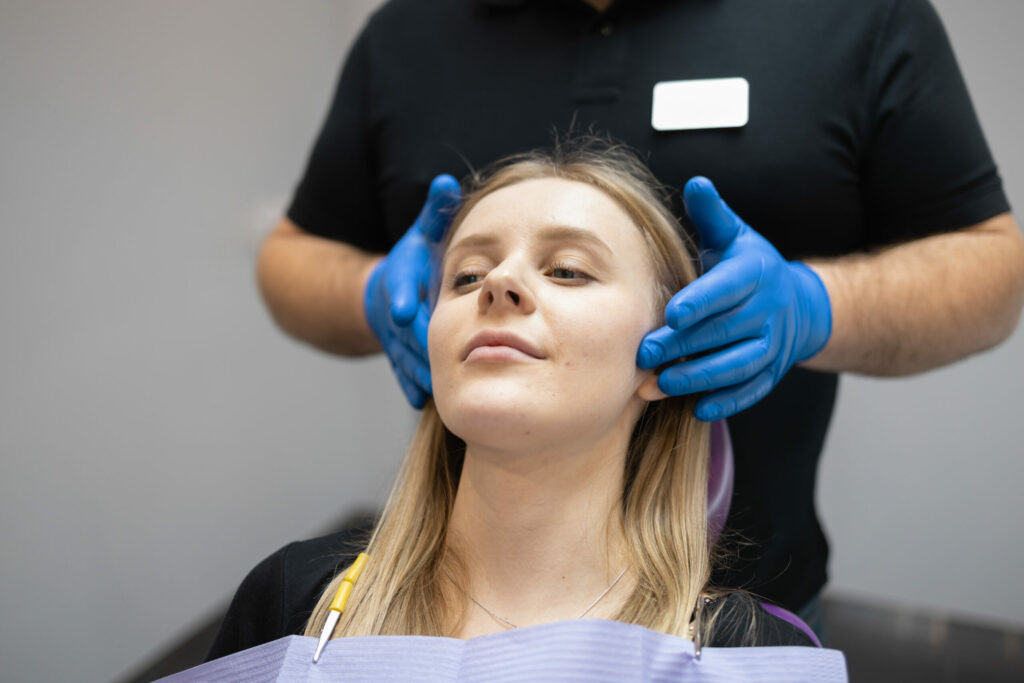
Swelling
Often there is some swelling associated with oral surgery. You can minimize this by using a cold pack or ice bag wrapped in a towel and applied firmly to face or cheek adjacent to the surgical area. This should be applied 20 minutes on and 20 minutes off during the first 12 to 24 hours. Bags of frozen vegetables are very effective to use as ice bags. If your wound is inside the mouth where you cannot apply ice, sip on cold drinks all day. If the surgery was close to the back of the mouth a sore throat may develop. This is normal and should subside in 3-4 days. The swelling should peak (get worse) 3 to 4 days after surgery. This is normal and expected. Pain may also become worse several days after surgery.
Nausea
Nausea is not uncommon event after surgery, and it is sometimes caused by stronger pain medicines. It may be reduced by preceding each pill with soft food, then taking the pill with a large volume of water. Cola drinks or ginger-ale may help. Try to continue taking clear fluids and minimize the pain medication, but call us if you do not feel better or if repeated vomiting is a problem. Do not drink alcohol until you have stopped taking narcotic pain medication.
Diet
Avoid hot foods and hot liquids for 12 hours and don’t attempt to chew until the feeling returns to the tongue and lips. Avoid foods like nuts, popcorn, pretzels, etc., that may traumatize the area. Over the next several days you can progress to solid foods at your own pace. It is important not to skip meals! Protein is important for the healing process. We recommend using a protein drink or supplement for several days. Eggs and Greek yogurt are good sources as well. Eat nourishing food that can be taken with comfort (i.e., Ensure, yogurt, applesauce, ice-cream, etc.). If you eat regularly and drink plenty of fluids, you will feel better, gain strength, have less discomfort and heal faster.
After IV Sedation
You must return directly home and rest. For the first several hours try to limit ambulation (walking around) to minimize the potential for falling. For 24 hours do not operate an automobile or other machine which requires alertness. During the first 24-48 hours limit physical activity. Over exertion may lead to postoperative bleeding and discomfort. Do not drive until you are off the narcotic pain medicine. The day after surgery you should mobilize throughout the day, no permanent bed rest. Do not drink alcohol for 24 hours and NEVER mix alcohol with narcotic pain medication.
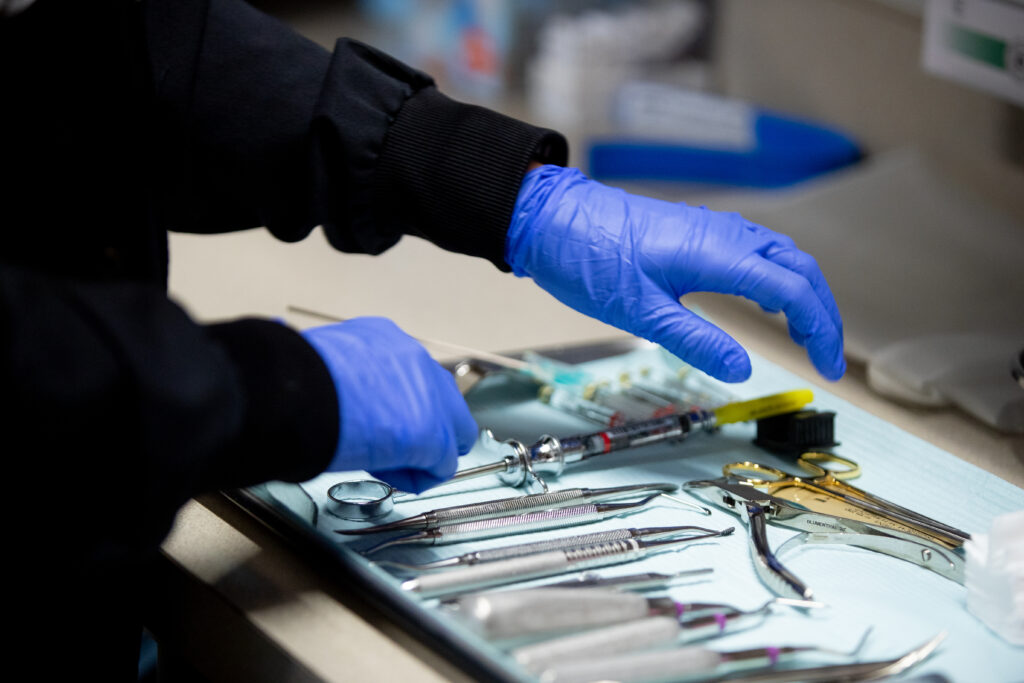
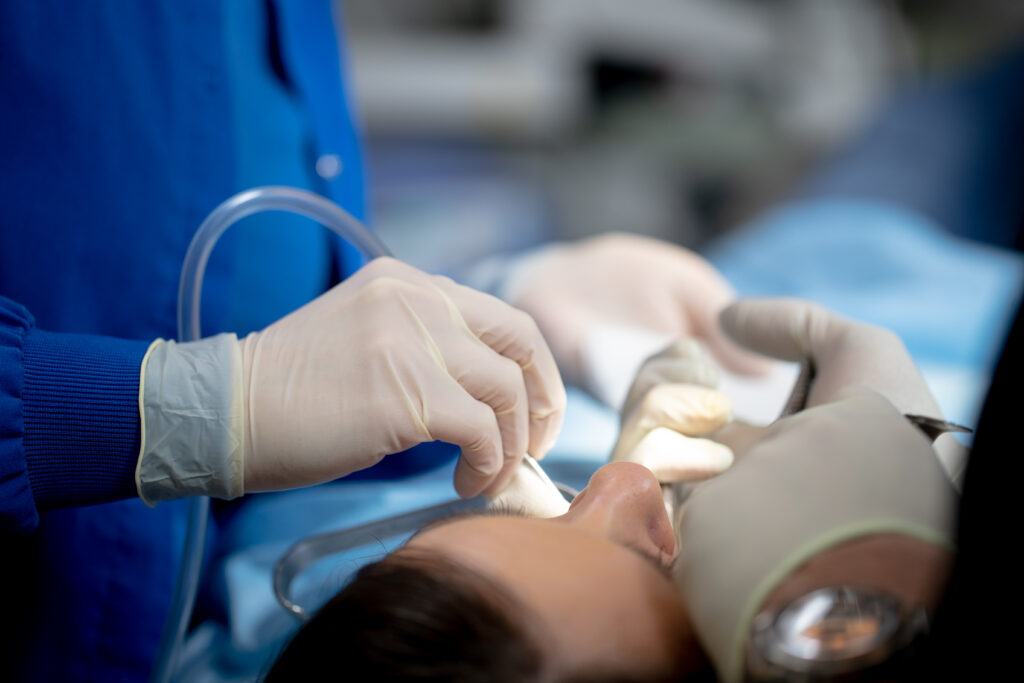
Mouth Rinses
Keeping your mouth clean after surgery is essential. Use one teaspoon of salt dissolved in a glass of warm water and rinse your mouth out at least three times a day for the next 5 to 7 days. Do not begin rinsing, however, for the first 12 hours. We do not want you to use a syringe or device to irrigate the sites for now. We may give you one at the follow up visit.
Stitches
Do not worry about stitches. Most sutures we use dissolve and do not have to be removed. Some types of suture material dissolve in a few days, others may take a few weeks.
Pain Control
Please use ibuprofen/Advil/Aleve (unless you are allergic to it, taking blood thinners or are pregnant) in addition to your prescribed pain medication. This will help relieve pain and swelling and allow you to use less of the stronger medication. You may use both if necessary.
If you want to avoid taking the narcotic medication you can add 2 Tylenol (acetaminophen) twice per day to the regimen above.
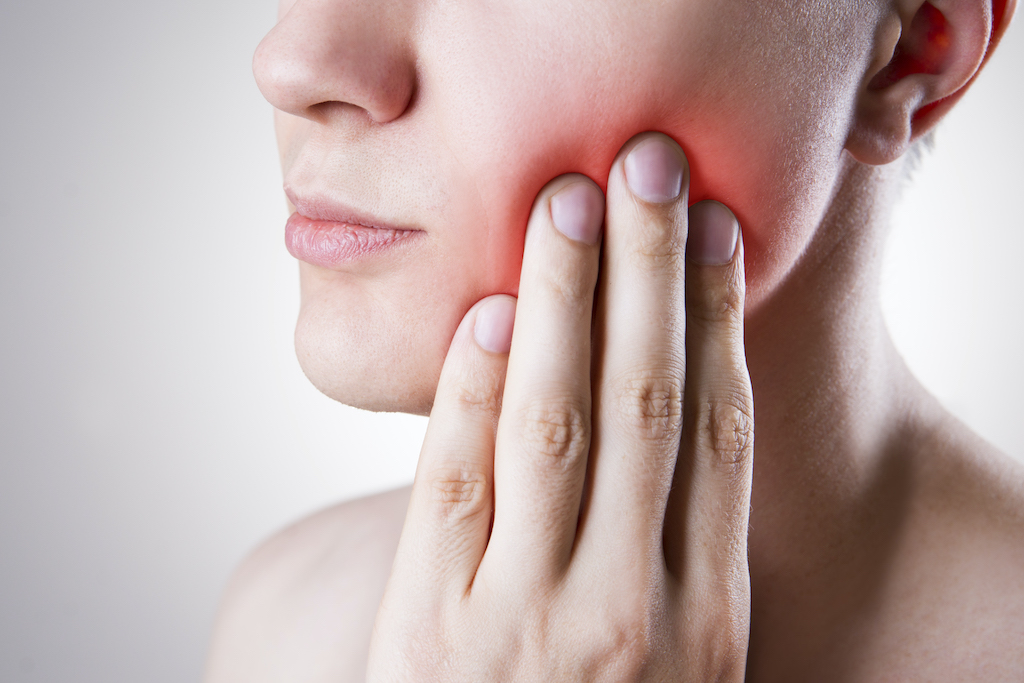
Get to know us.
At Washington Oral & Facial Surgery, we know how to help you. Our board-certified surgeons and expert staff can provide the care you need to relieve the discomfort you feel.


